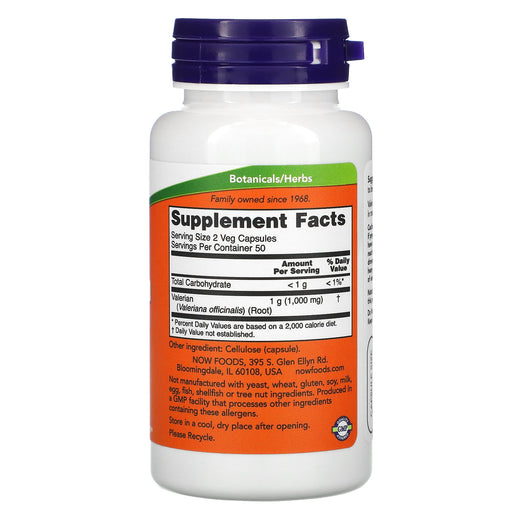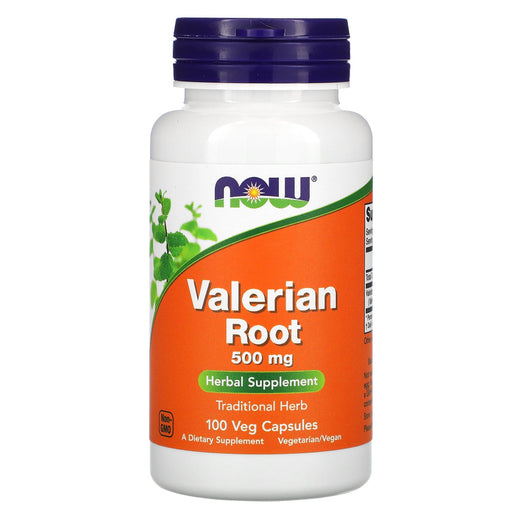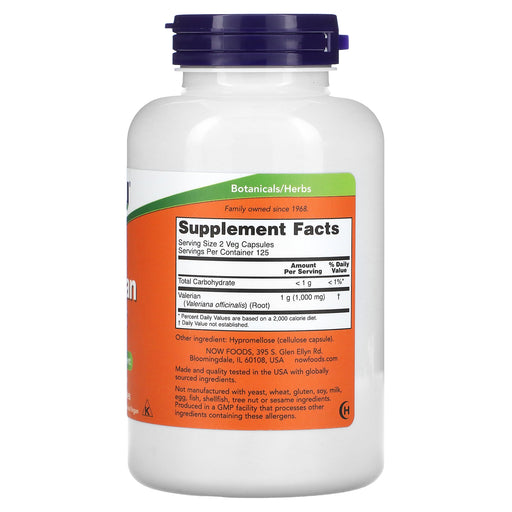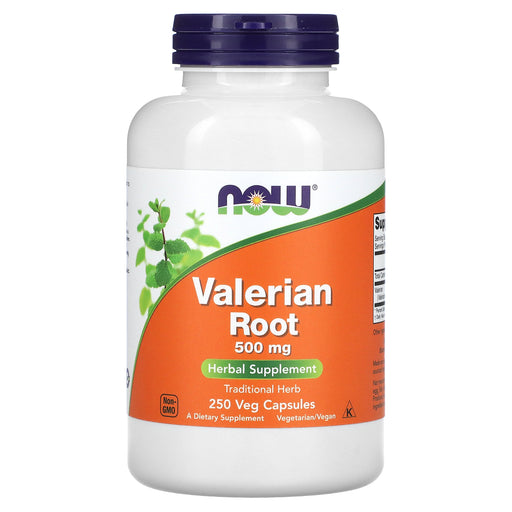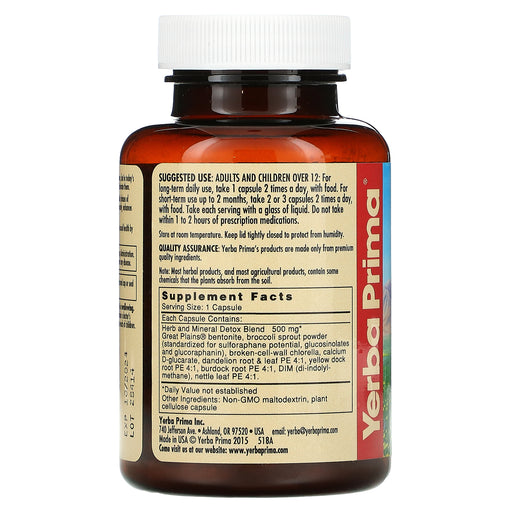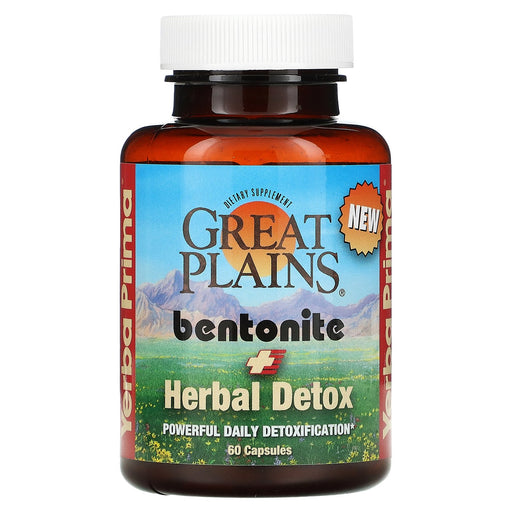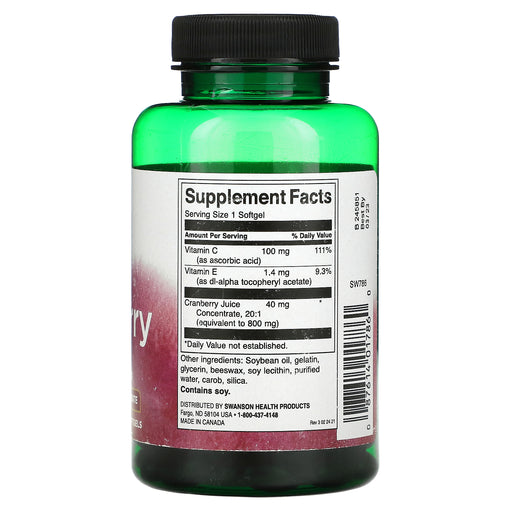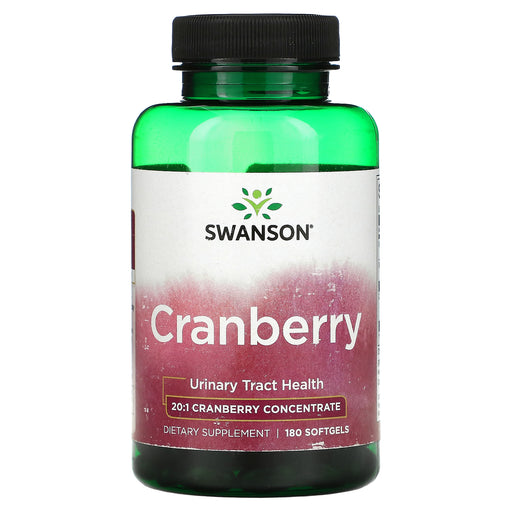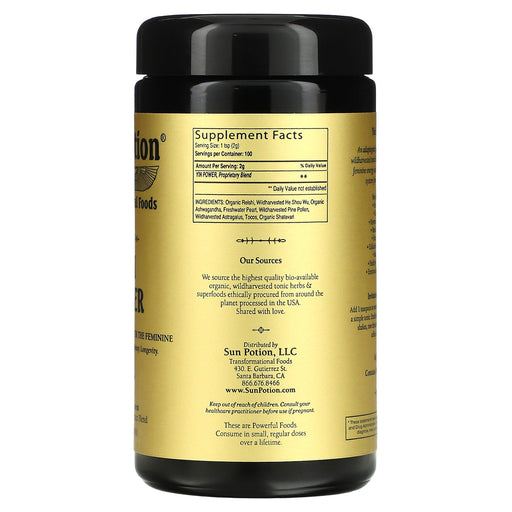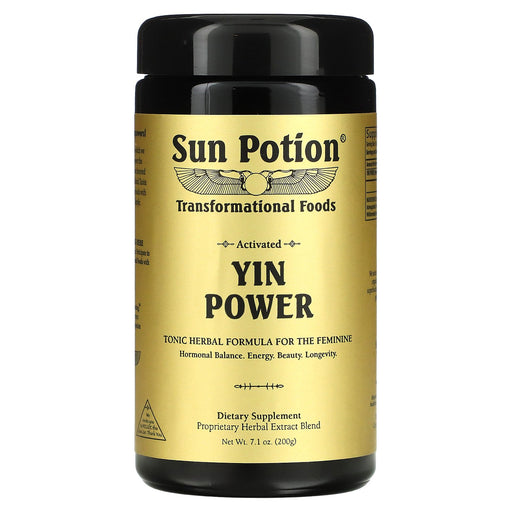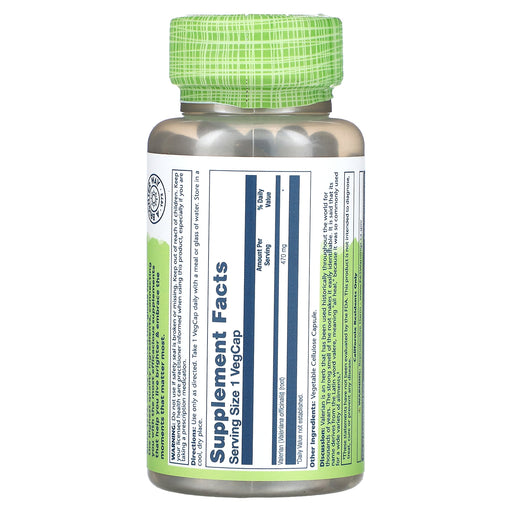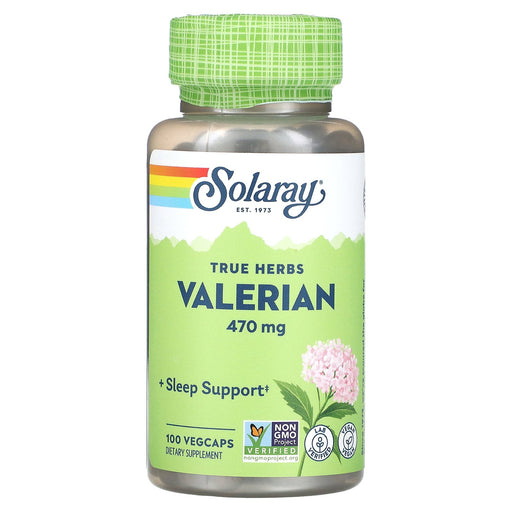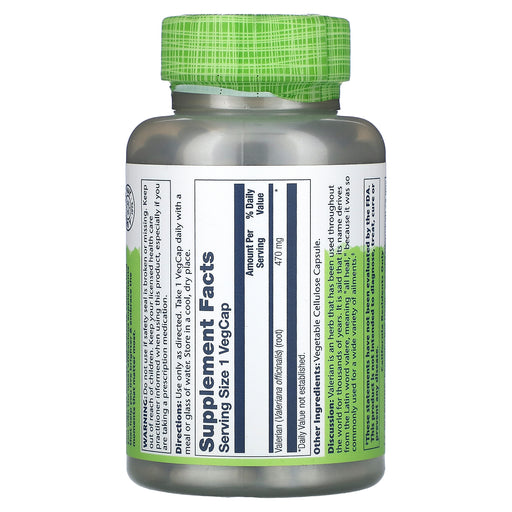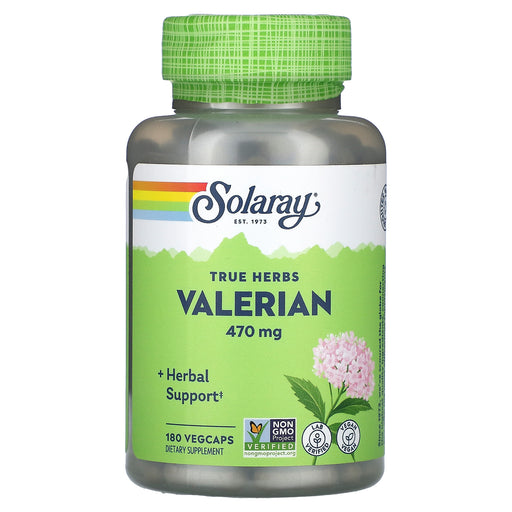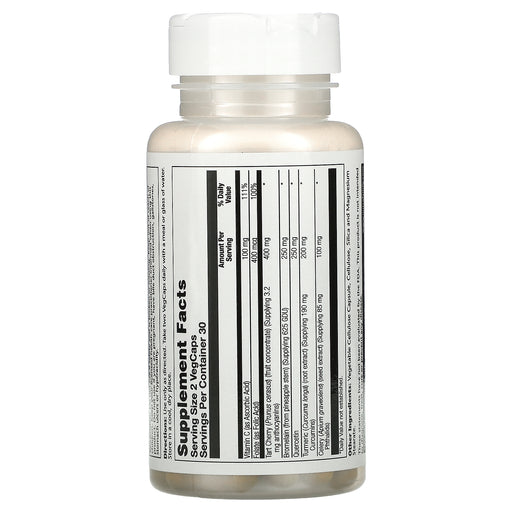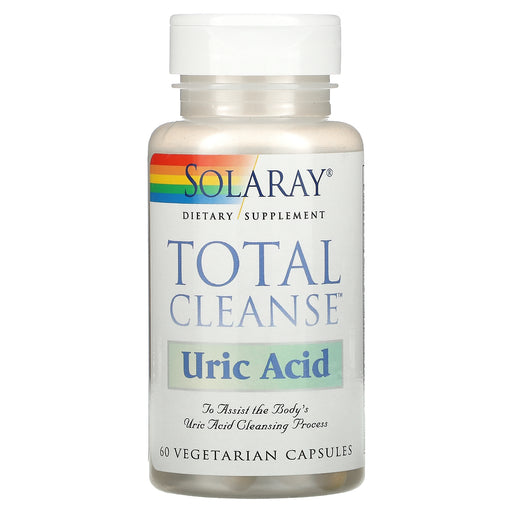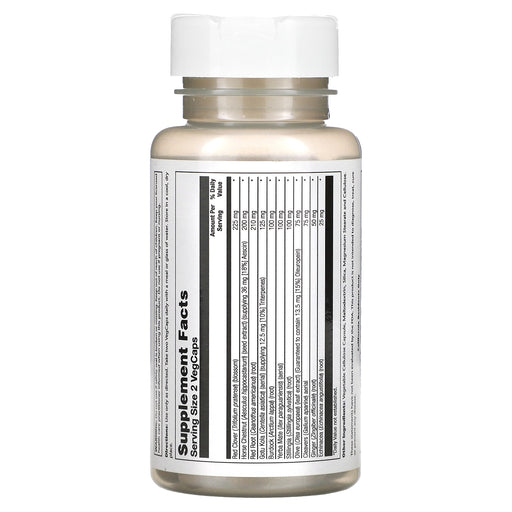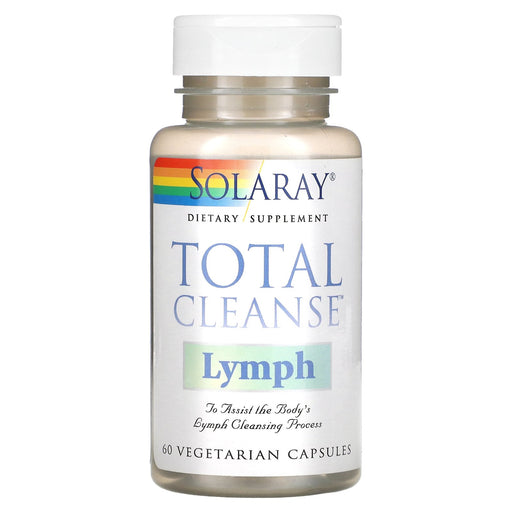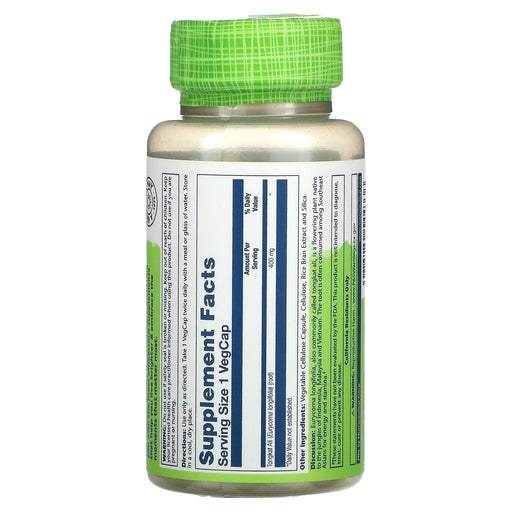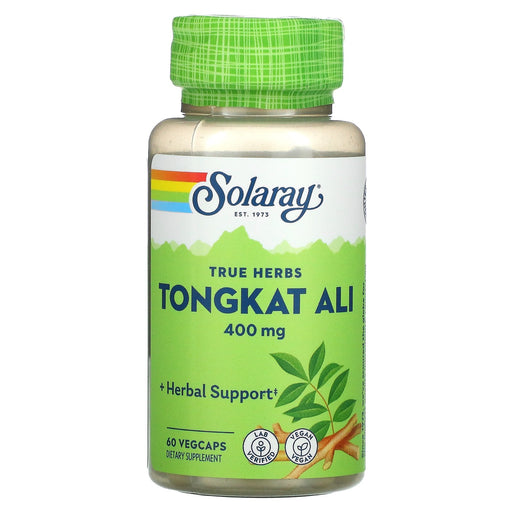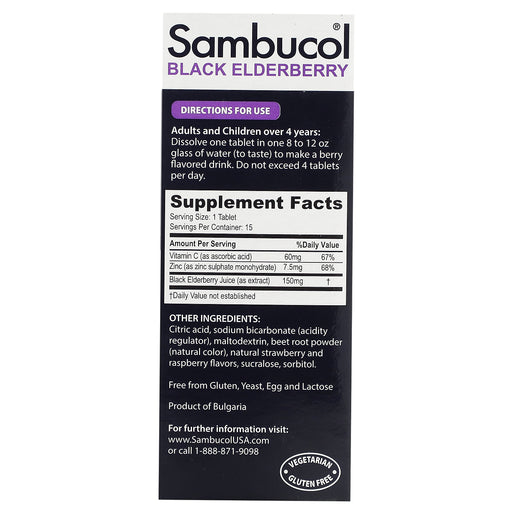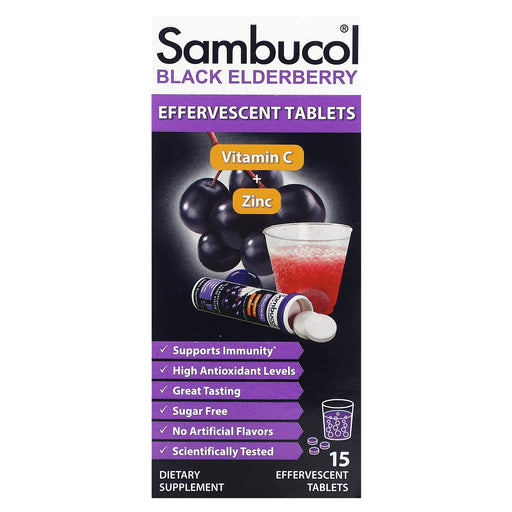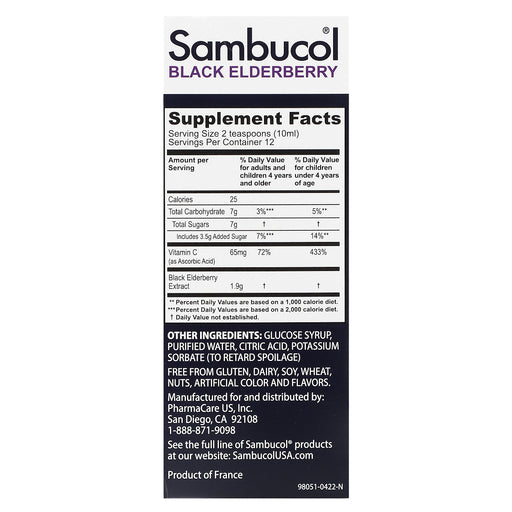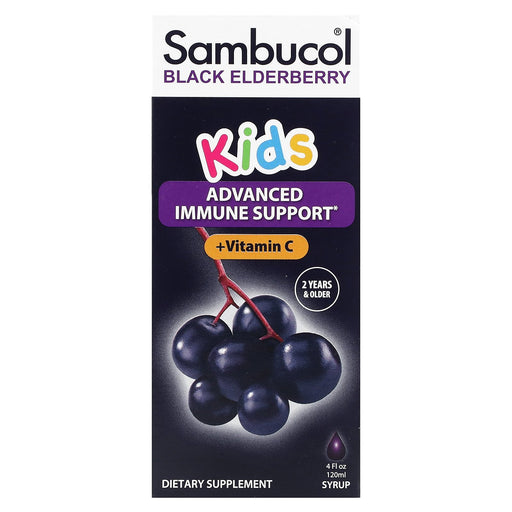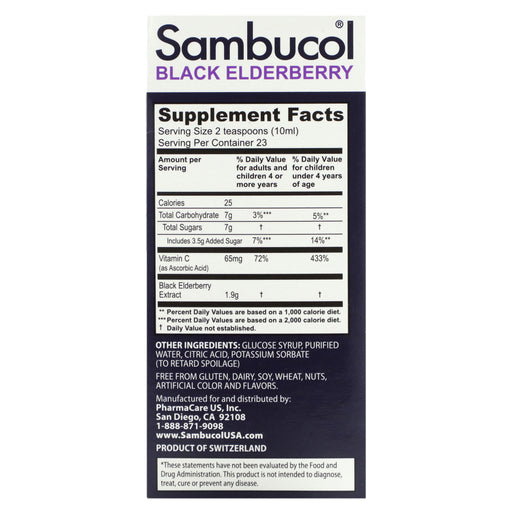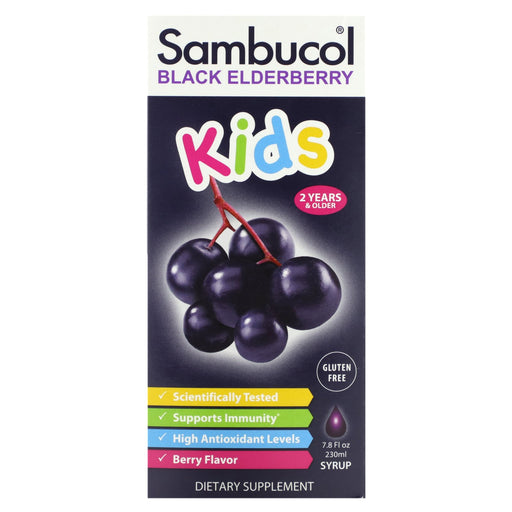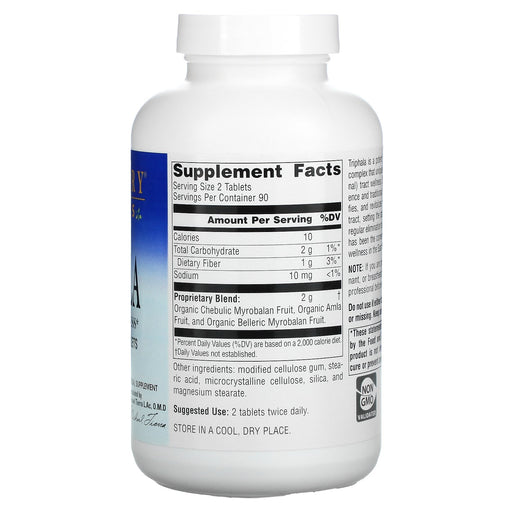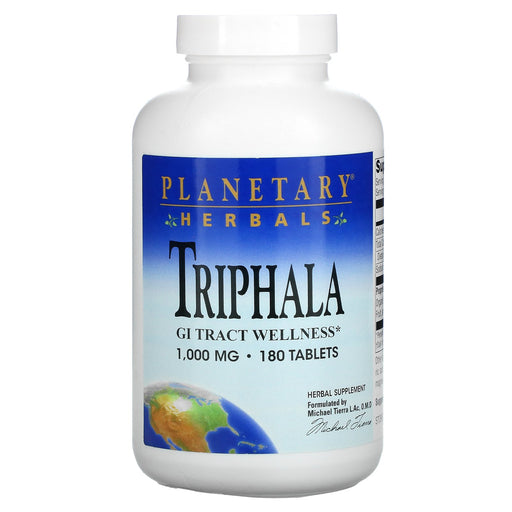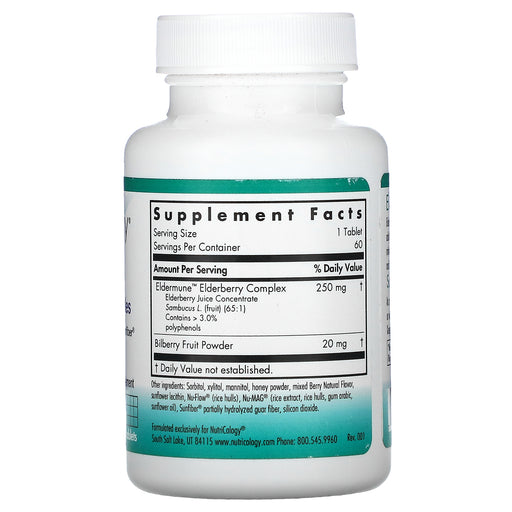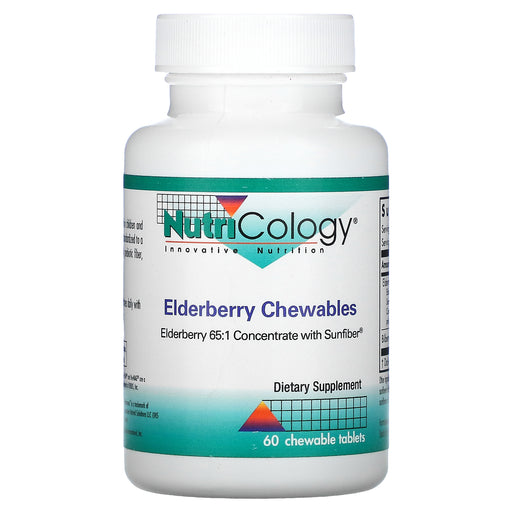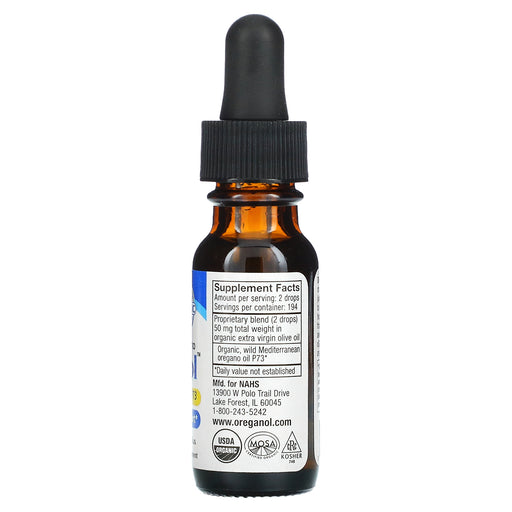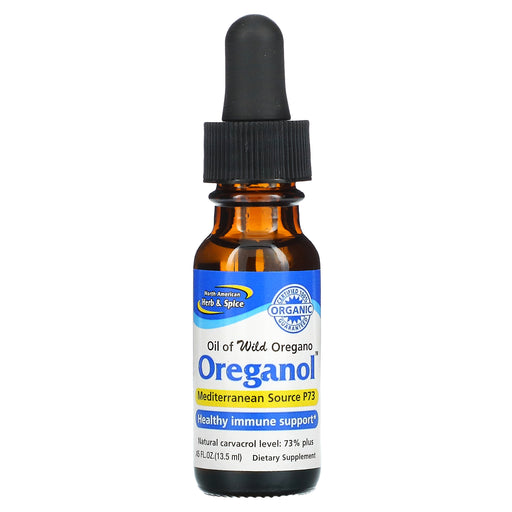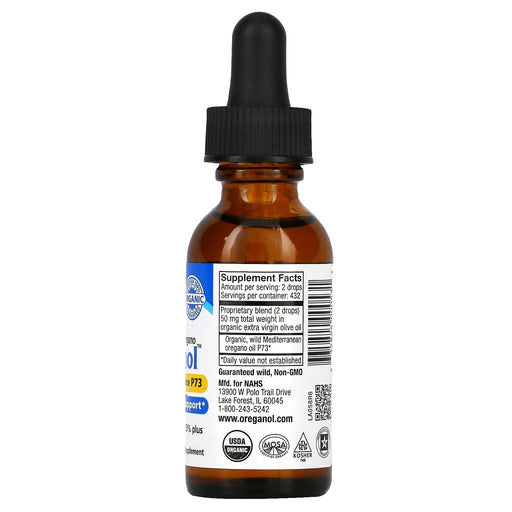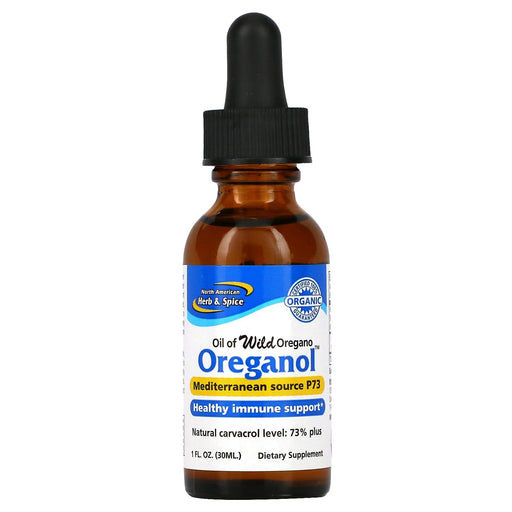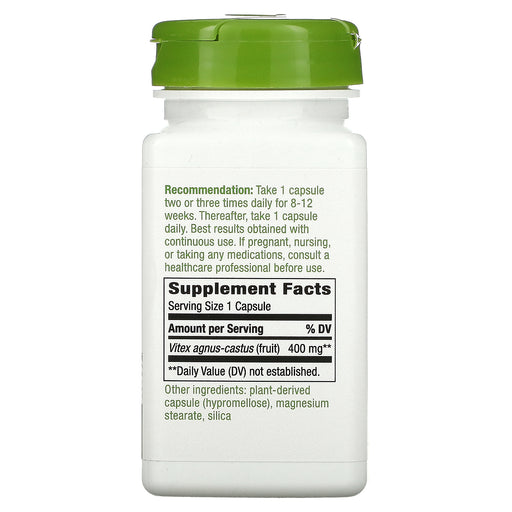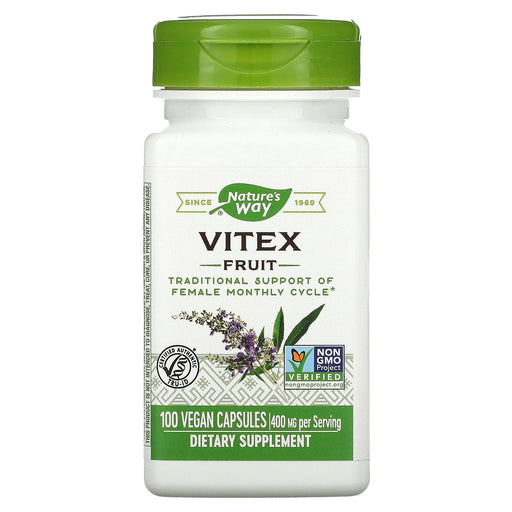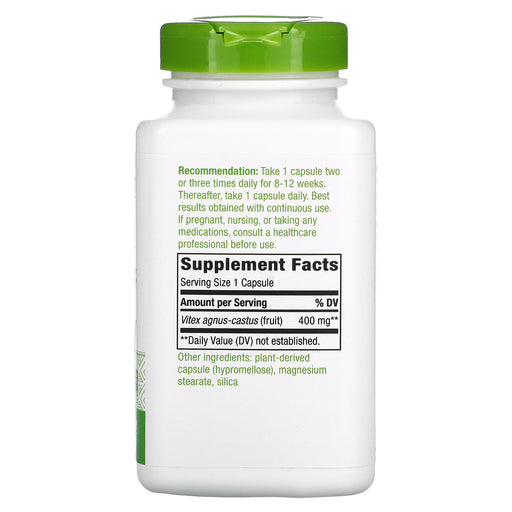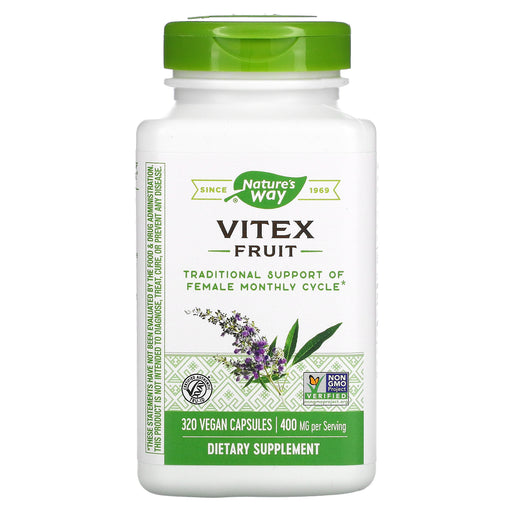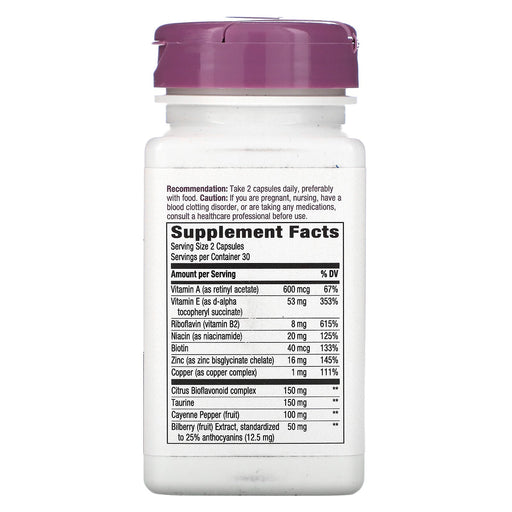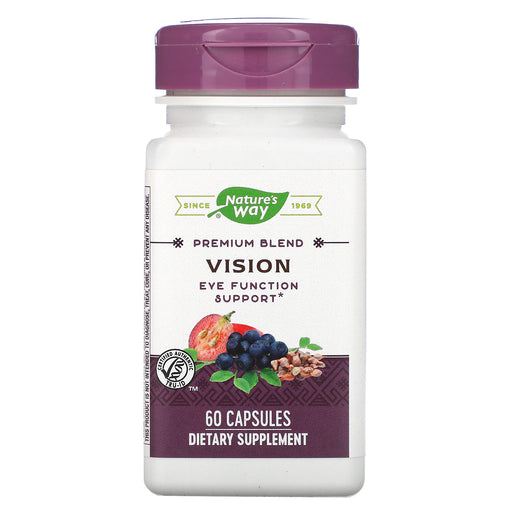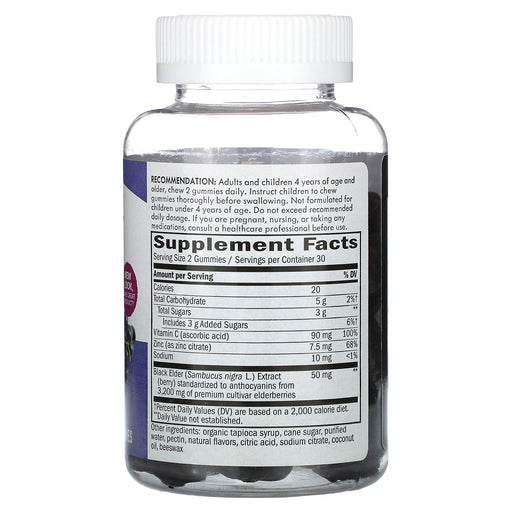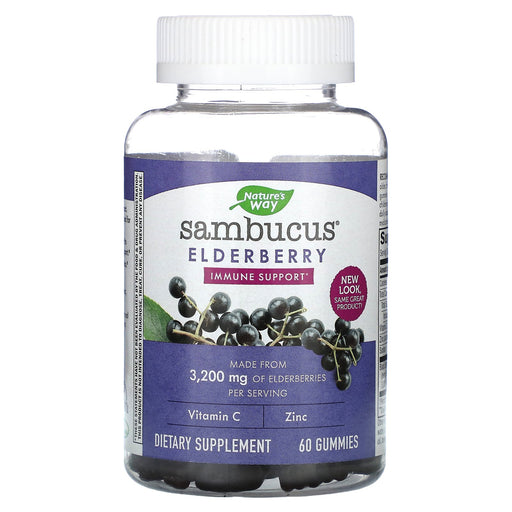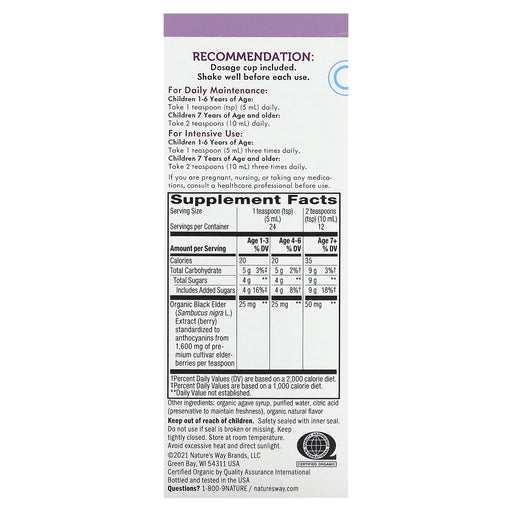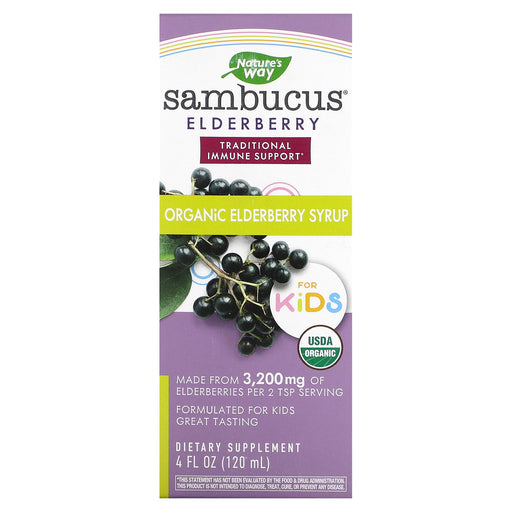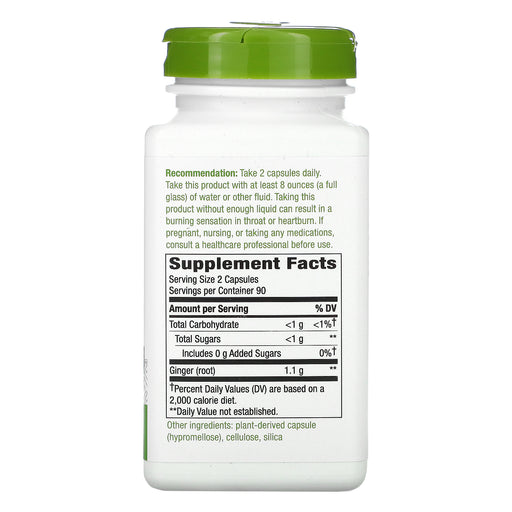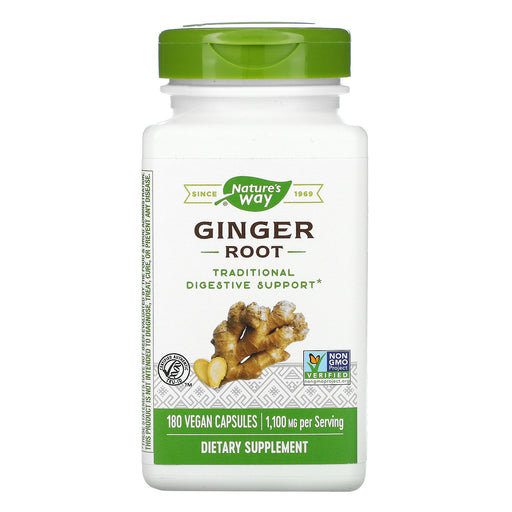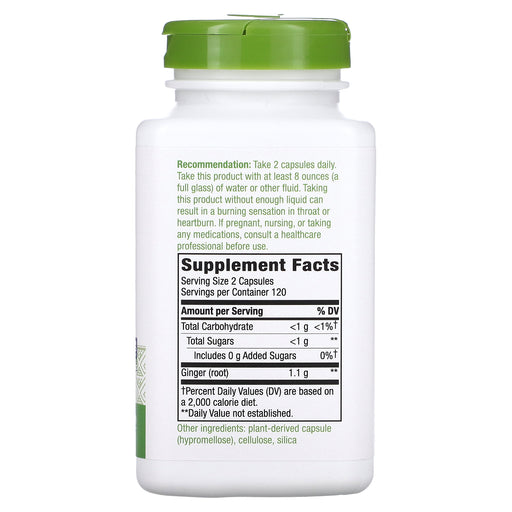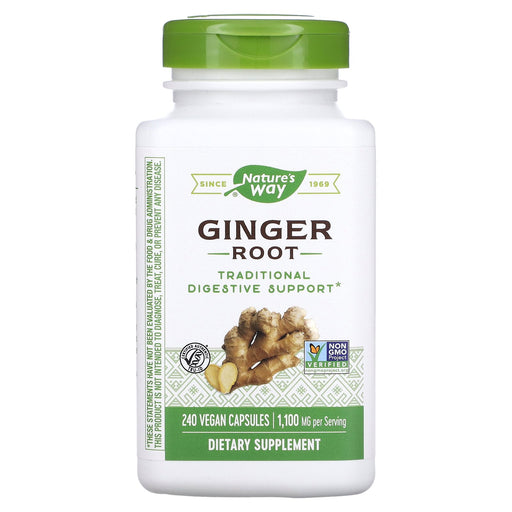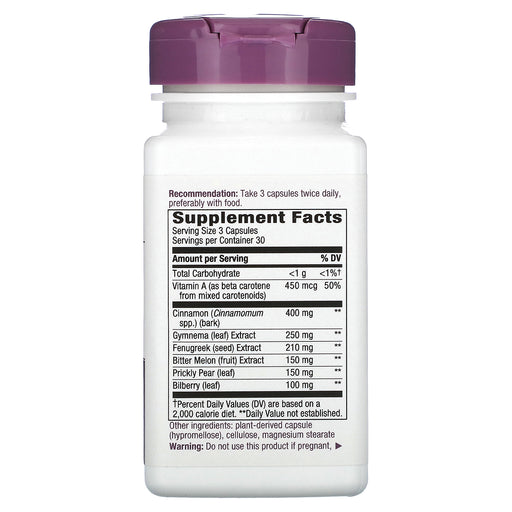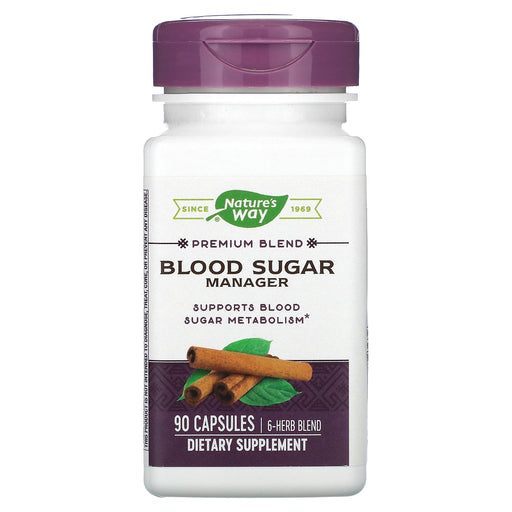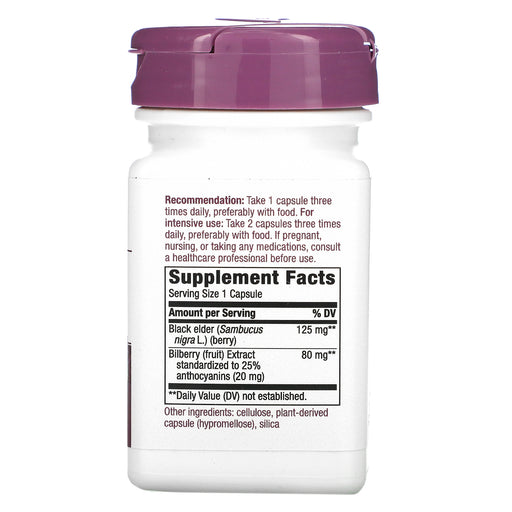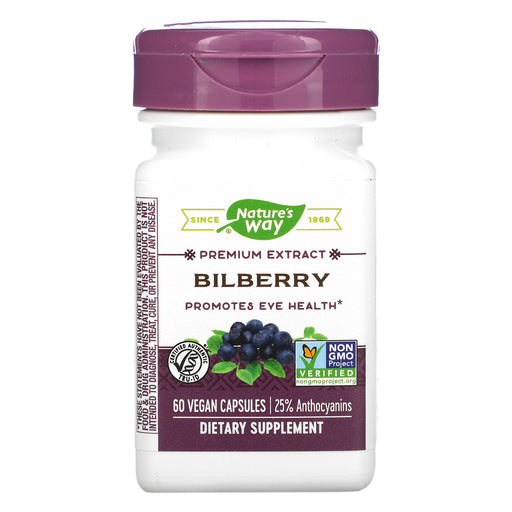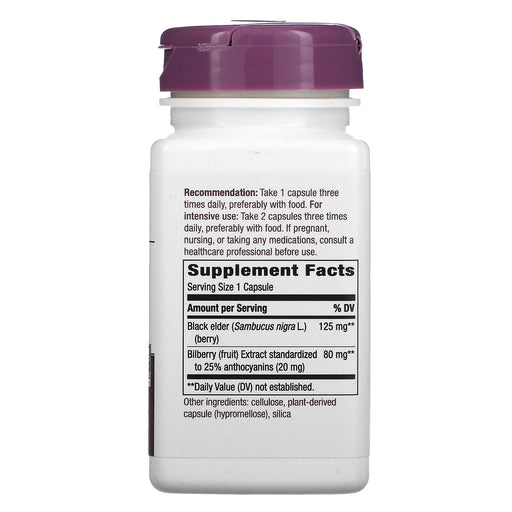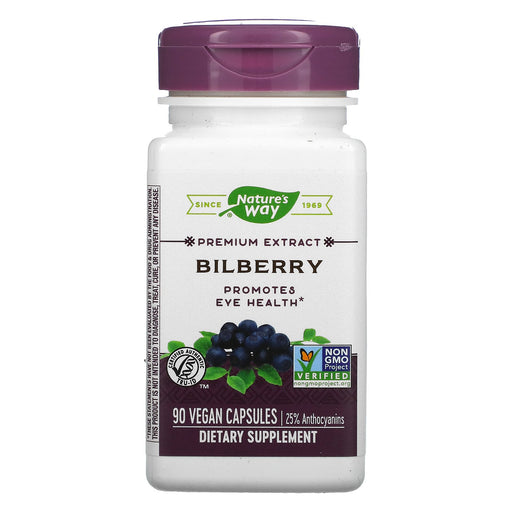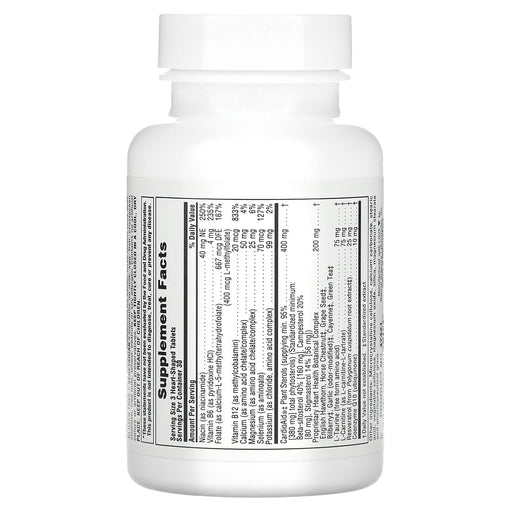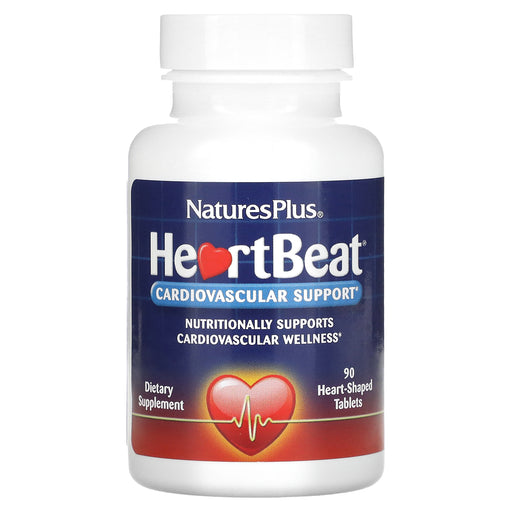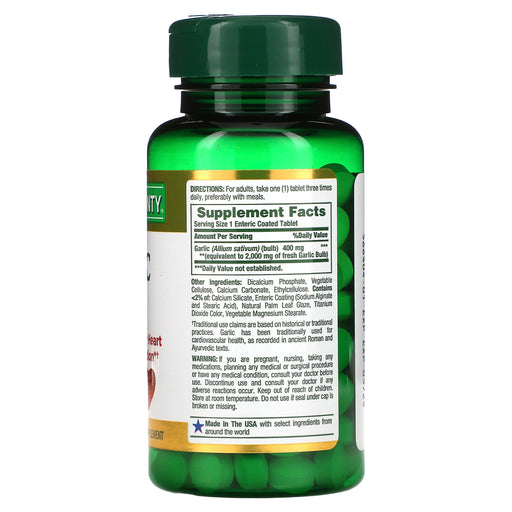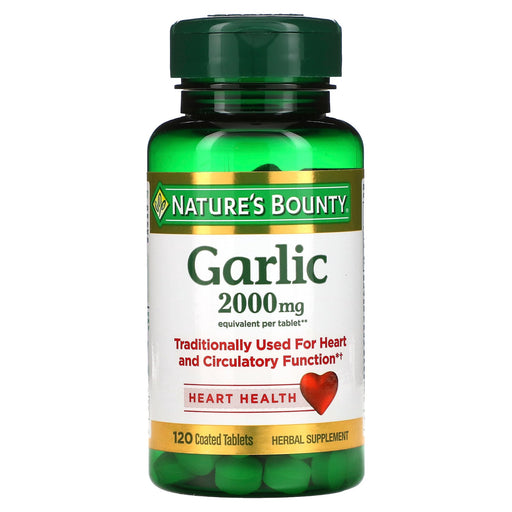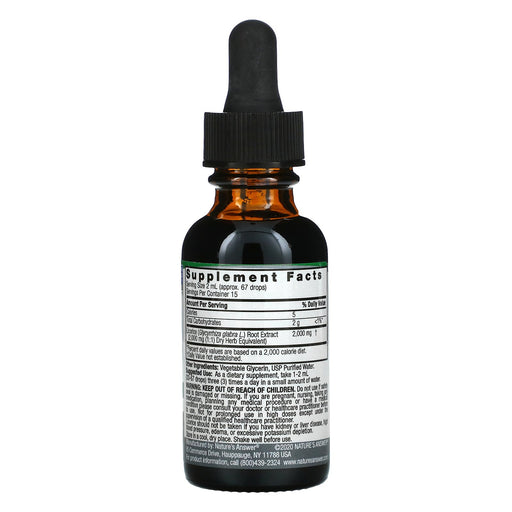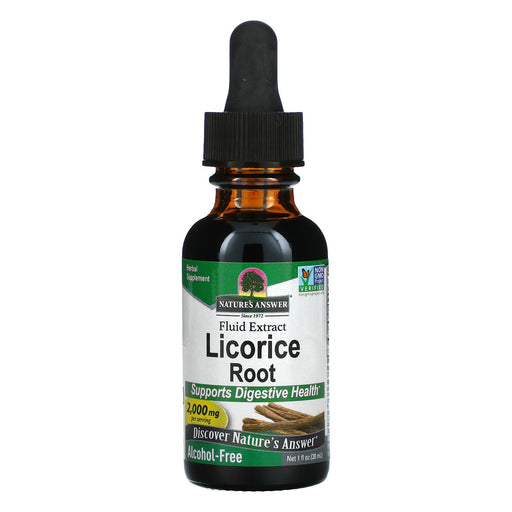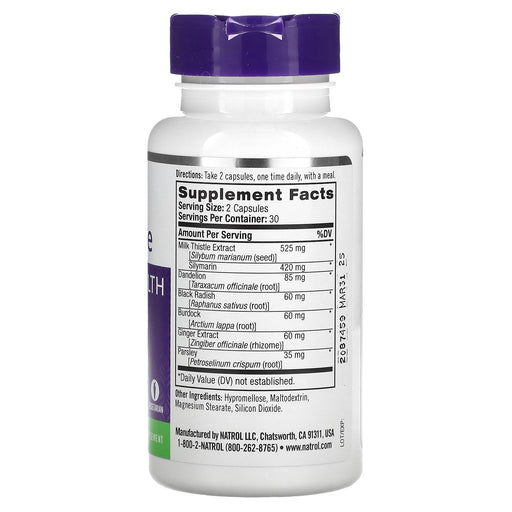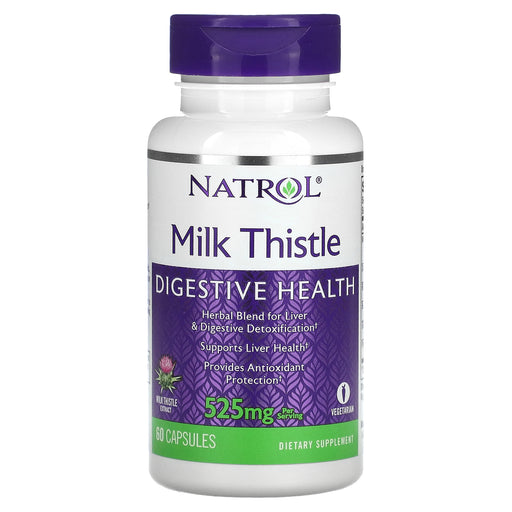
Unleashing the Synergistic Benefits of Herbs and Homeopathy for Holistic Healing
When it comes to natural healing, the combination of herbs and homeopathy offers a powerful and synergistic approach to optimizing health and well-being. By harnessing the inherent healing properties of herbs and the gentle, yet effective principles of homeopathy, individuals can experience a more comprehensive and holistic path to wellness.
The Complementary Nature of Herbs and Homeopathy
Herbs and homeopathy, while distinct in their approaches, share a common goal of supporting the body's innate healing abilities and restoring balance. Herbs, with their wide range of active compounds and therapeutic properties, work to nourish, strengthen, and support various systems and functions within the body. Homeopathy, on the other hand, relies on the principle of "like cures like," using highly diluted substances to stimulate the body's natural healing response and promote a return to homeostasis.
When used together, herbs and homeopathy can offer a multi-faceted approach to health and healing, addressing both the physical and energetic aspects of well-being. This synergistic relationship allows for a more personalized and targeted approach to treatment, taking into account an individual's unique constitution, symptoms, and overall health status.
Benefits of Integrating Herbs and Homeopathy
Incorporating both herbs and homeopathy into your natural health regimen can offer numerous potential benefits, including:
- Holistic Support: By addressing health concerns from multiple angles, the combination of herbs and homeopathy can provide a more comprehensive and holistic approach to healing, supporting the body as a whole.
- Gentle and Non-Invasive: Both herbs and homeopathy are generally considered safe and gentle, with minimal risk of adverse side effects when used appropriately, making them suitable for a wide range of individuals, including children and seniors.
- Personalized Care: Homeopathy, in particular, places a strong emphasis on individualized treatment, taking into account a person's unique symptoms, emotional state, and overall constitution. When combined with the targeted benefits of herbs, this personalized approach can lead to more effective and efficient healing.
- Reduced Dependence on Conventional Medications: By addressing the root causes of health issues and supporting the body's natural healing abilities, the use of herbs and homeopathy may help reduce the need for conventional medications in some cases, minimizing the risk of side effects and potential drug interactions.
- Long-Term Health Maintenance: Incorporating herbs and homeopathy into a proactive wellness routine can help support long-term health and vitality, strengthening the body's resilience and promoting a sense of overall well-being.
Choosing High-Quality Herbal and Homeopathic Products
To ensure the best possible results when combining herbs and homeopathy, it's crucial to select high-quality products from trusted sources. Look for:
- Purity and Potency: Choose herbs and homeopathic remedies that are made from pure, high-quality ingredients and are free from contaminants or artificial additives. Opt for products that are manufactured in accordance with strict quality control standards to ensure consistent potency and efficacy.
- Reputable Brands: Select products from well-established and reputable brands with a history of producing reliable and effective herbal and homeopathic remedies. These brands should be transparent about their sourcing, manufacturing processes, and quality assurance practices.
- Professional Guidance: When starting any new herbal or homeopathic regimen, it's essential to consult with a qualified healthcare practitioner who is knowledgeable in these modalities. They can help guide you in choosing the most appropriate remedies for your individual needs and ensure safe and effective use.
Experience the Transformative Power of Herbs and Homeopathy
At Health Orchard, we are dedicated to providing our customers with the highest quality herbal and homeopathic products to support their journey towards optimal health and well-being. Our carefully curated selection features remedies from trusted brands, crafted with the utmost care and attention to purity, potency, and efficacy.
Whether you're seeking targeted support for a specific health concern or looking to maintain overall vitality and balance, our range of herbs and homeopathic remedies offers a natural and holistic approach to healing. With the guidance of our knowledgeable staff and the transformative power of these time-honored modalities, you can embark on a path towards greater resilience, vitality, and wholeness.
Empower your natural healing potential with the synergistic benefits of herbs and homeopathy. Browse our collection today and experience the transformative potential of these powerful and complementary approaches to health and well-being.
Frequently Asked Questions about Herbs & Homeopathy
1. What are herbal and homeopathic?
Herbal and homeopathic are two different types of alternative medicine. Herbal medicine uses plants or plant extracts to treat various health conditions, while homeopathy is based on the principle that "like cures like" and uses highly diluted substances to stimulate the body's natural healing processes.
2. What is the difference between homeopathy and supplements?
The main difference between homeopathy and supplements is that homeopathic remedies are highly diluted substances that are believed to stimulate the body's healing response, while supplements are concentrated doses of specific nutrients, such as vitamins, minerals, or herbs, that are taken to support overall health or address specific deficiencies.
3. What herbs are used in homeopathy?
In homeopathy, a wide variety of substances can be used to create remedies, including herbs. Some common herbs used in homeopathic remedies include:
- Arnica: Used for bruising, soreness, and inflammation
- Chamomilla: Used for teething pain, irritability, and digestive issues in children
- Nux vomica: Used for digestive issues, hangovers, and stress-related symptoms
- Pulsatilla: Used for hormonal imbalances, menstrual cramps, and mood swings
4. What are homeopathic supplements?
Homeopathic supplements are remedies prepared according to the principles of homeopathy, which involve diluting substances to create a potent remedy that stimulates the body's natural healing processes. These supplements are available in various forms, such as tablets, pellets, or liquids, and are used to address a wide range of health concerns.
5. What are the benefits of homeopathy?
Homeopathy is believed to offer several benefits, including:
- Stimulating the body's natural healing processes
- Providing a safe and non-invasive treatment option
- Addressing the root cause of health issues rather than just symptoms
- Offering individualized treatment plans based on a person's specific symptoms and overall health
- Reducing the risk of side effects compared to conventional medications
6. What are examples of homeopathy?
Some examples of homeopathic remedies include:
- Allium cepa: Used for hay fever, allergies, and colds with watery, burning discharge
- Belladonna: Used for high fevers, throbbing headaches, and sore throats
- Calendula: Used for skin irritations, wounds, and burns
- Oscillococcinum: Used for flu-like symptoms, such as body aches, chills, and fever
- Rhus toxicodendron: Used for joint pain, stiffness, and itching skin rashes


